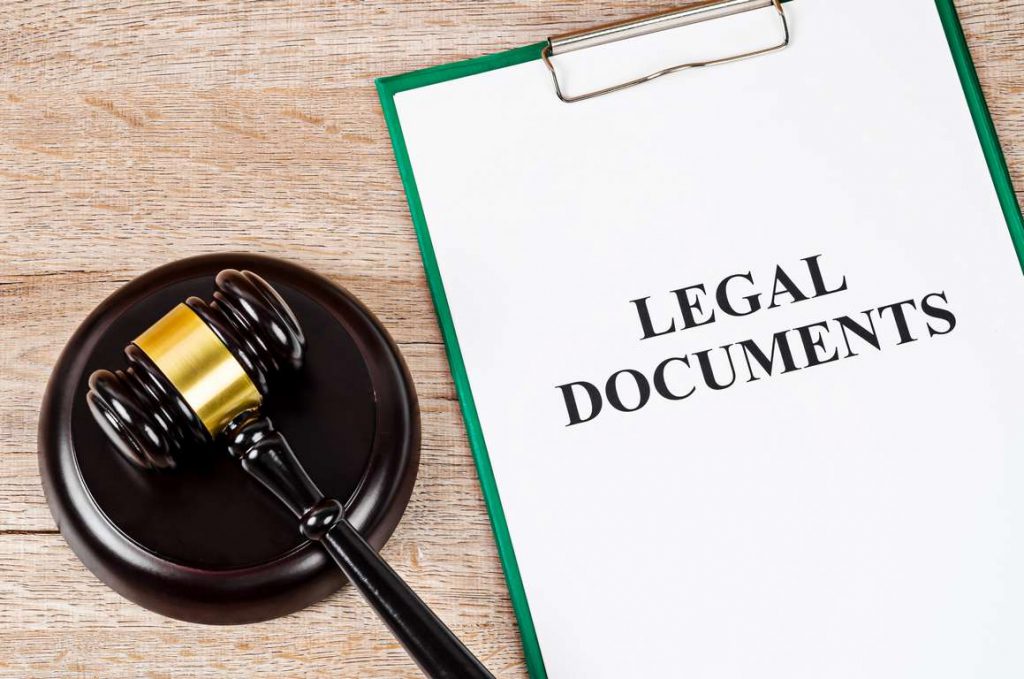Buying land in Nigeria is a significant investment that requires careful consideration and due diligence. Whether you’re purchasing land for residential, commercial, or agricultural purposes, it’s essential to gather the necessary documents to ensure a smooth and legal transaction. Here are the key documents you need when buying land in Nigeria:
- Certificate of Occupancy (C of O): The Certificate of Occupancy is a legal document issued by the state government that confirms the land’s ownership and grants the holder the right to use and develop the property. It is one of the most important documents to verify the land’s title and ensure its legitimacy.
- Deed of Assignment: The Deed of Assignment is a legal document that transfers ownership of the land from the seller to the buyer. It outlines the terms and conditions of the sale, including the purchase price, payment terms, and any other agreements between the parties.
- Survey Plan: A Survey Plan is a detailed map that shows the boundaries, dimensions, and features of the land, as well as any existing structures or encumbrances. It is essential to verify that the land’s boundaries match the information on the survey plan and to identify any discrepancies or disputes.
- Excision Documents: If the land is located in an area that has been designated for excision (removal from government acquisition), it is crucial to obtain excision documents from the appropriate authorities. These documents confirm that the land has been legally excised and is available for private ownership.
- Governor’s Consent: In some cases, particularly for lands with a Certificate of Occupancy, it may be necessary to obtain the Governor’s Consent to transfer ownership of the property. This involves obtaining approval from the state government for the sale or transfer of land.
- Receipt of Payment: Keep copies of all payment receipts and bank transactions related to the purchase of the land. These documents serve as evidence of payment and can be used to resolve any disputes or discrepancies that may arise during the transaction.
- Search Report: Conduct a search at the appropriate land registry or government office to verify the land’s title and ownership status. A search report will provide information on any existing encumbrances, liens, or legal issues associated with the land.
- Power of Attorney (if applicable): If you are purchasing land through a representative or agent, ensure that you have a valid Power of Attorney authorizing them to act on your behalf in the transaction.
- Tax Clearance Certificate: Some states may require buyers to provide a Tax Clearance Certificate as proof of tax compliance before completing the land purchase transaction.
- Legal Advice: Finally, it is highly recommended to seek legal advice from a qualified real estate lawyer or property consultant to review all documents and ensure that the land purchase transaction complies with Nigerian laws and regulations.
Buying land in Nigeria can be a complex process, but with the right documents and guidance, you can make an informed decision and protect your investment for the future.
